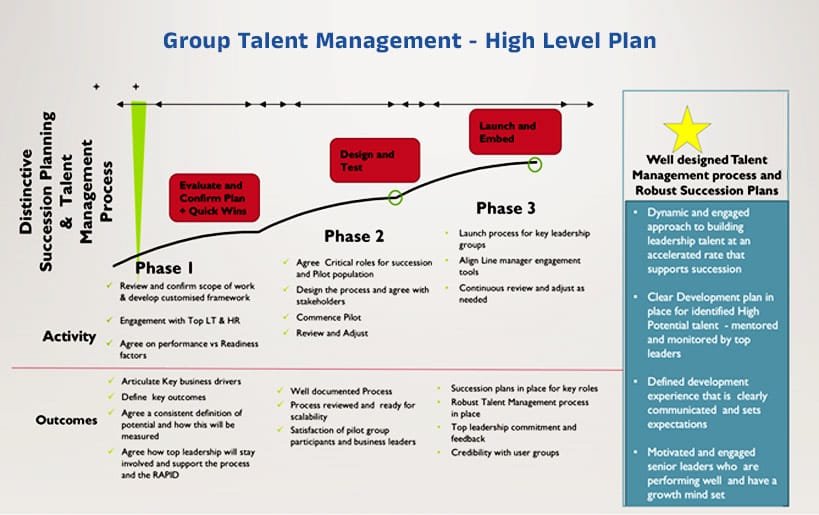Business Continuity Through People | Build Pipelines That Last.
“Succession planning should be a constant evolution, not a last-minute reaction.”
— Harvard Business Review


“Succession planning should be a constant evolution, not a last-minute reaction.”
— Harvard Business Review

A survey (The Economic Times, 2023) revealed that only 27% of Indian companies find their succession planning effective. Just 29% succeeded in CEO succession and only 18% at the CXO level.
Leadership continuity is essential for navigating transitions, reducing business risk, and sustaining growth, especially during unexpected leadership changes or evolving business goals. Whether due to sudden exits, leadership fatigue, generational transitions in family-owned firms, or the growing complexity of global operations, Indian businesses must be future-ready with robust succession pipelines.
At Cornerstone, we believe succession planning is not about replacing roles—it’s about building leadership capacity for the future. We work closely with promoters, boards, and CHROs to plan transitions proactively, identify high-potential leaders, and reduce business risk.
Organizations face growing challenges:
Disruptions are constant—organizations need future-ready leadership pipelines.
Today’s leaders must balance digital fluency, emotional intelligence, and business acumen.
High-potential talent is mobile and selective. Retaining and nurturing them is critical.
Robust, transparent succession strategies aligned to long-term business continuity are now a governance imperative.
Only 21% of Indian family businesses have a formal succession plan.
Just 30% transition successfully to the second generation; only 12% reach the third.
Family-run businesses contribute over 75% of India’s GDP—yet many lack future-ready leadership plans.
Regulatory changes are prompting a wave of board refreshes in 2024, making succession planning urgent.
Public sector firms face criticism for lack of board diversity and planning.
Most companies fall into outdated succession models:

The Collegial approach: biased and relationship-driven

The Compliance model: checkbox exercises with limited impact

The Competitive path: winner-takes-all that discourages development
We recommend a shift toward Grounded Realism—a practical, high-impact approach that balances business strategy with individual development:
● Assess current practices and critical roles. ● Align with business and leadership teams. ● Identify initial high-impact changes
● Define success criteria and readiness indicators ● Pilot frameworks with leaders and key stakeholders ● Refine based on business feedback
● Integrate with broader talent management systems ● Equip managers to lead development ● Monitor and evolve the approach continuously


According to Deloitte, organizations with mature succession planning are 1.5x more likely to outperform their peers in revenue growth.
What Future-Ready Succession Planning Looks Like
Secure leadership legacy and plan seamless transitions
Ensure long-term leadership continuity and risk management
Build future-ready internal talent pipelines with clarity and structure
Family ownership, rising governance standards, and unpredictable exits demand proactive, structured succession planning.
No. Mid-sized and family-run businesses benefit significantly from formalising leadership transitions and building internal talent.
We use a data-backed approach combining assessments, benchmarking, and culture fit analysis to compare internal and external options.
Yes. We offer rapid assessments, interim solutions, and executive search support for emergency transitions.